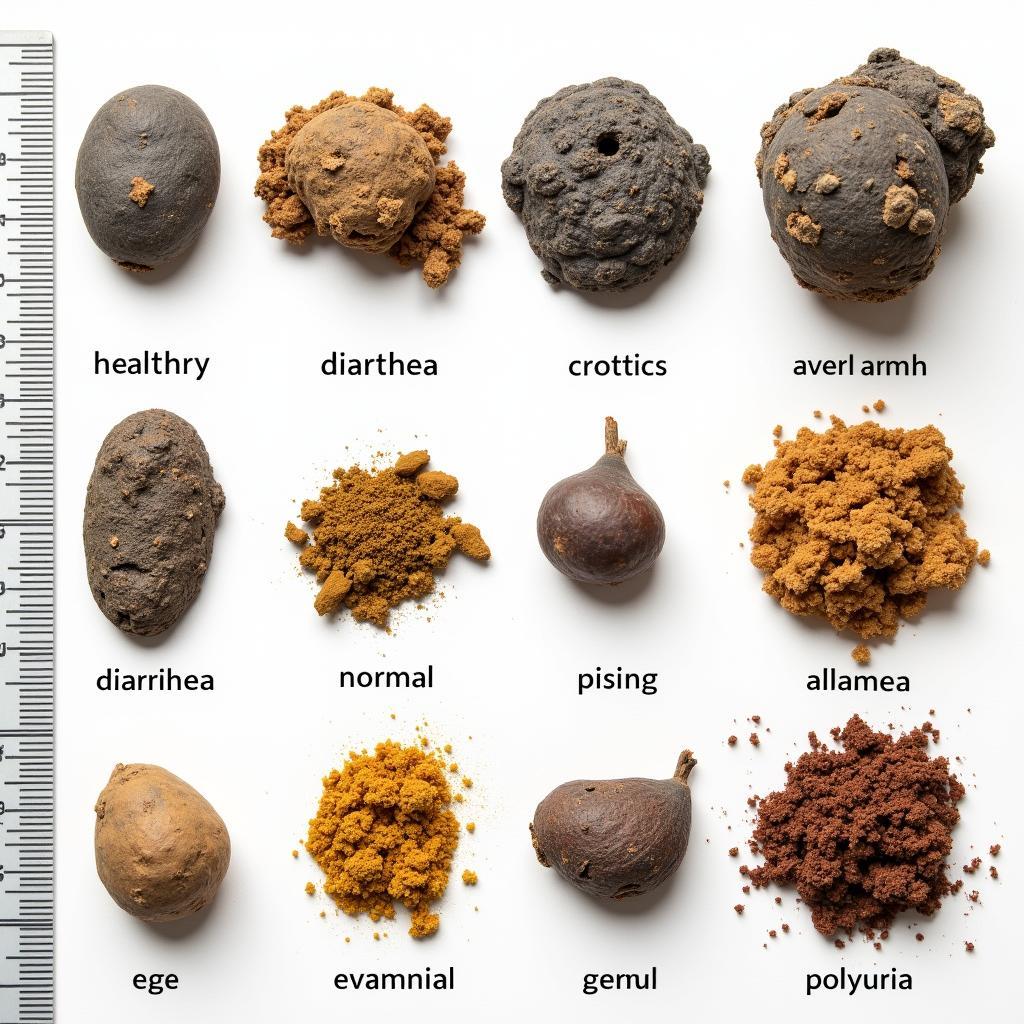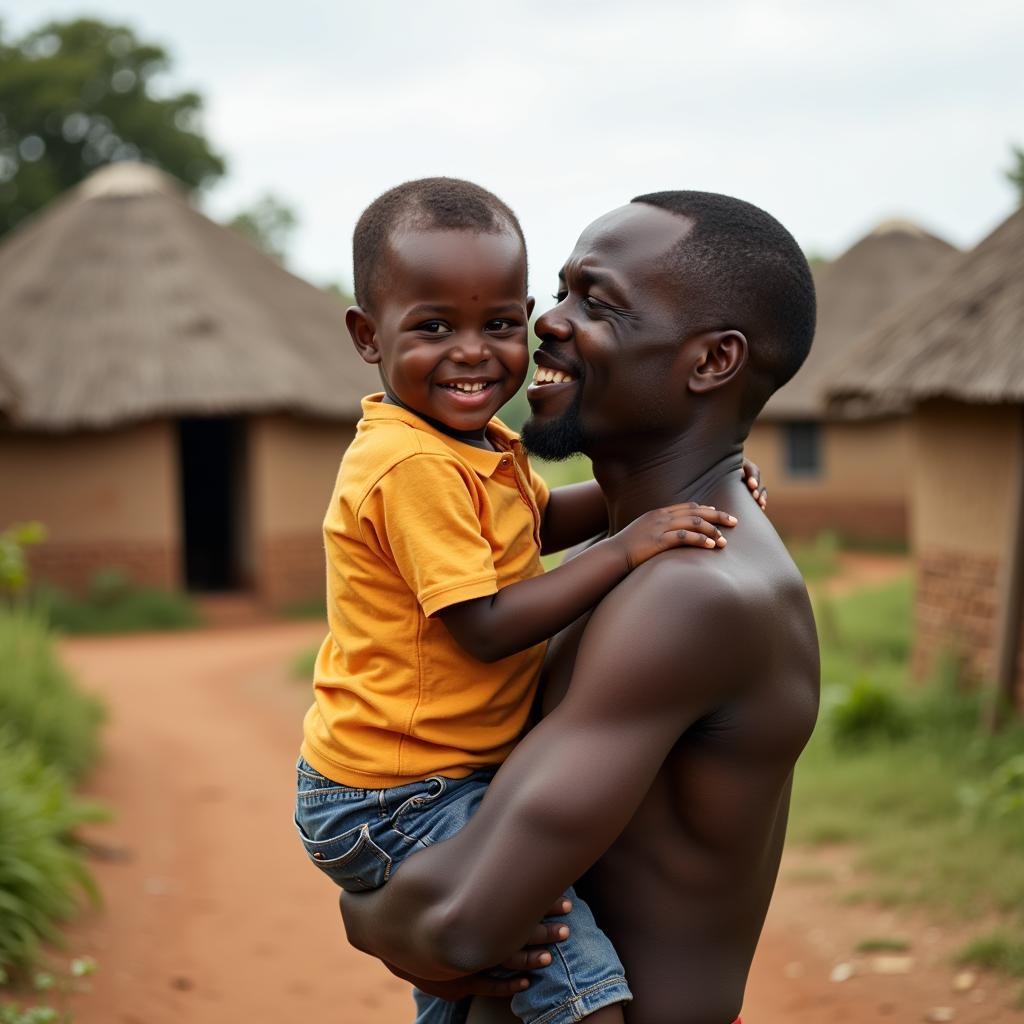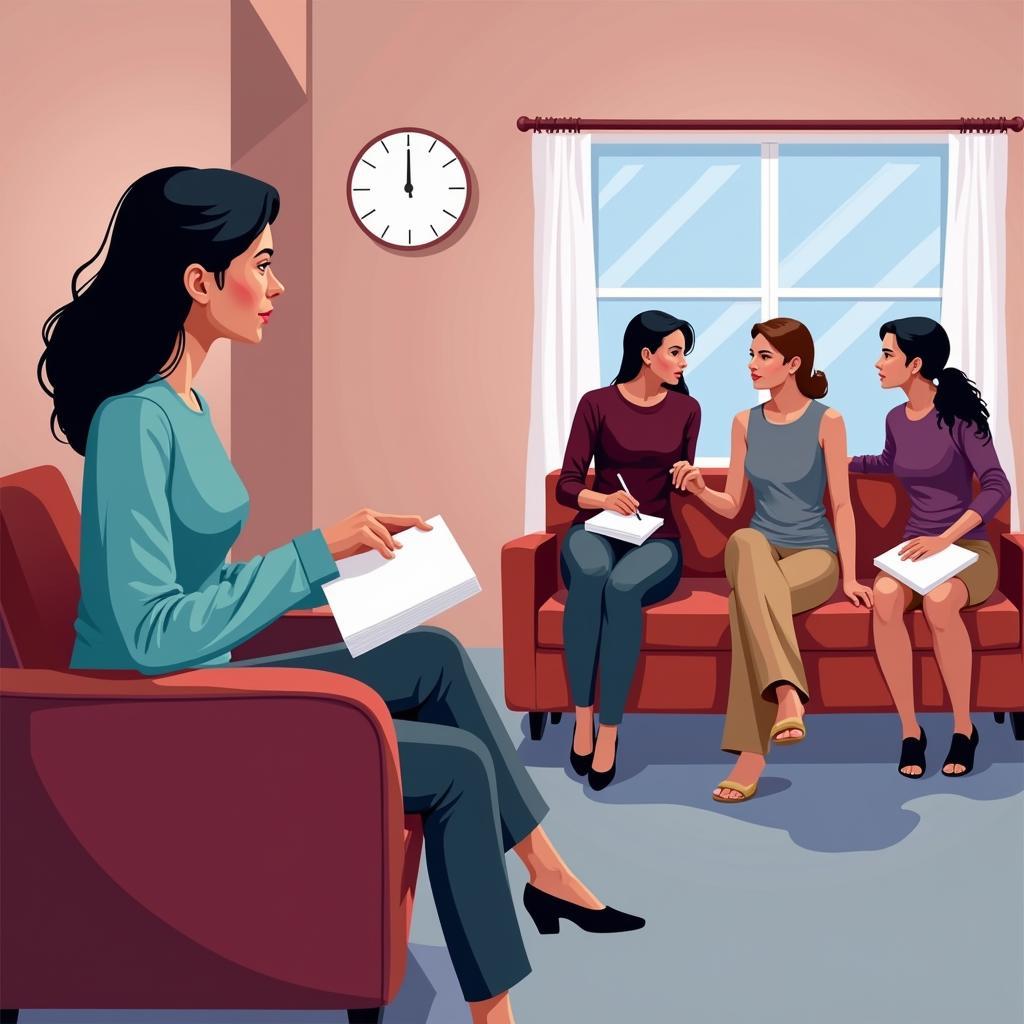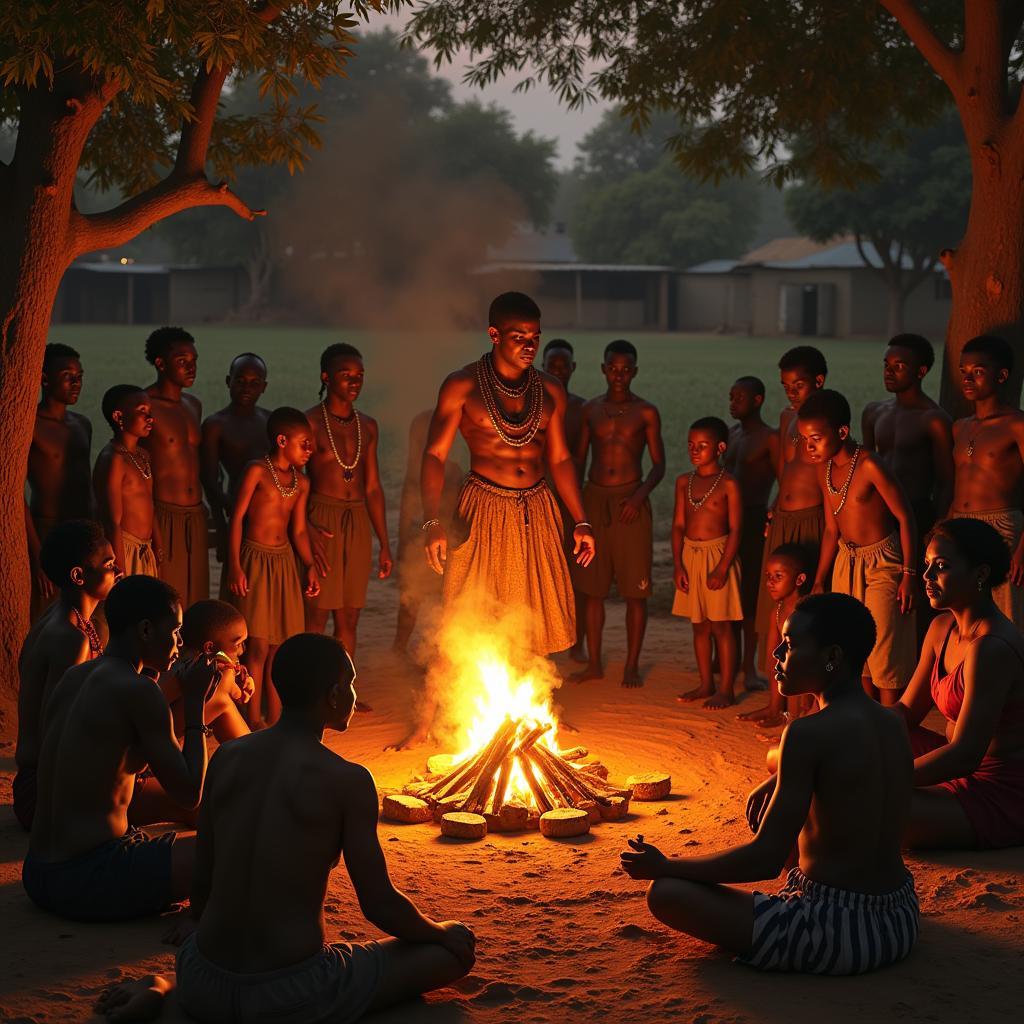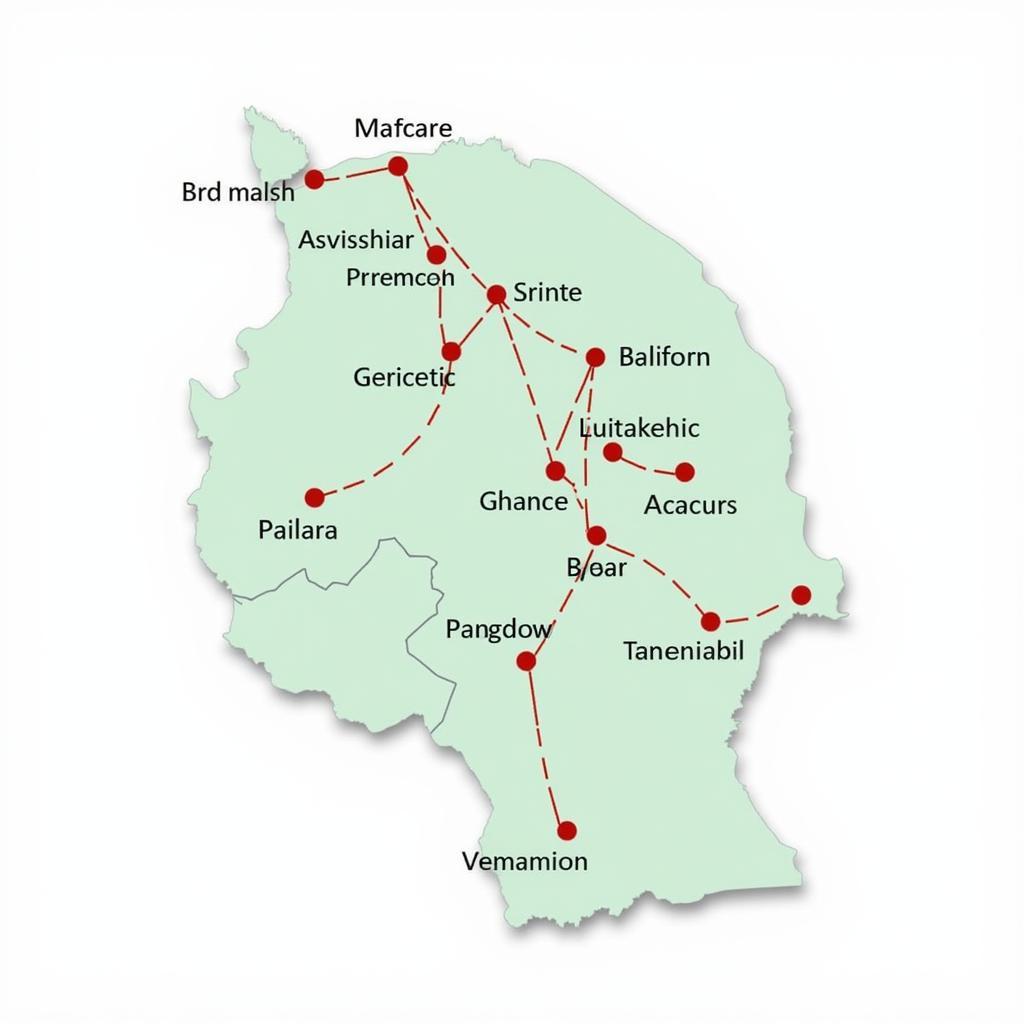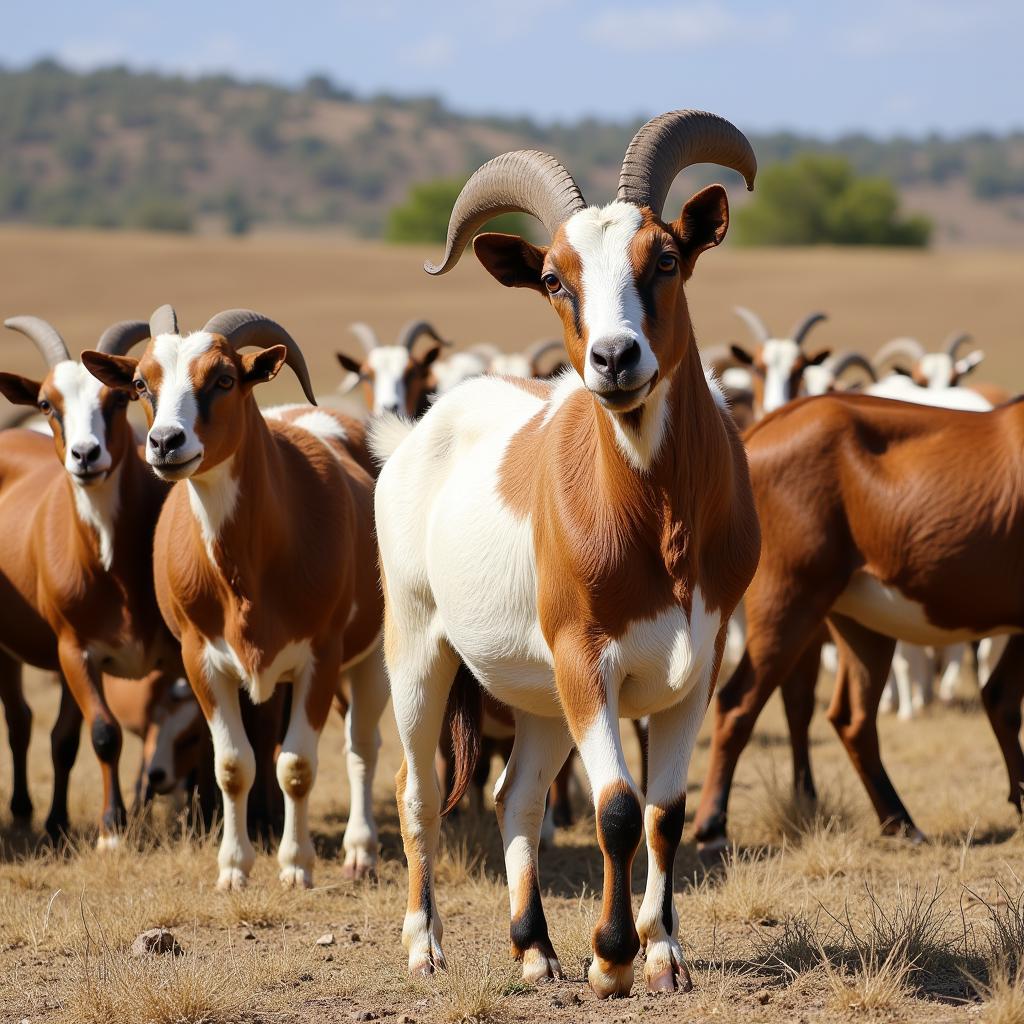Decoding the World: A Guide to African Languages Translation
African Languages Translation is a complex yet fascinating field, bridging the gap between diverse cultures and facilitating communication across the African continent and beyond. With an estimated 2,000 languages spoken across Africa, navigating this linguistic landscape requires specialized knowledge and resources. This article delves into the intricacies of African languages translation, exploring its challenges, opportunities, and significance in today’s interconnected world.
The sheer number of languages in Africa presents a significant challenge for translation. Many languages lack standardized orthographies or sufficient documented linguistic resources, making accurate translation a painstaking process. Moreover, the oral tradition prevalent in many African cultures adds another layer of complexity, as nuances and meanings can be lost in the transition from spoken word to written text. However, these challenges also create opportunities for linguists, translators, and cultural preservationists to contribute to the documentation and revitalization of African languages.
Why is African Languages Translation Important?
Accurate translation plays a vital role in preserving cultural heritage, promoting economic development, and fostering understanding between diverse communities. African language marriage portal highlights the increasing need for translation in personal and social contexts. In business, effective communication across linguistic barriers is essential for successful trade and investment. Furthermore, access to information in local languages empowers communities and enables them to participate fully in social, political, and economic life. Imagine trying to access vital healthcare information or legal documents in a language you don’t understand. The importance of accurate and accessible translation becomes immediately clear.
Navigating the Nuances of African Languages
African languages are not simply variations of European languages; they possess unique grammatical structures, idiomatic expressions, and cultural contexts. A direct word-for-word translation often fails to capture the true meaning and intent of the original text. For instance, proverbs, which are deeply ingrained in many African cultures, often rely on metaphors and cultural references that require careful interpretation. Understanding these nuances is crucial for effective communication. Even seemingly simple phrases like “I love you in African language” can have multiple variations depending on the specific language and cultural context. You can find more information about this topic on african language i love you means.
“Translating African languages is not merely about converting words, but about conveying meaning and bridging cultures,” says Dr. Abeni Adebayo, a renowned linguist specializing in West African languages. Her work emphasizes the importance of cultural sensitivity and understanding the social context in which language is used.
The Future of African Languages Translation
Technological advancements are transforming the field of African languages translation. Machine translation tools are becoming increasingly sophisticated, offering potential solutions for overcoming some of the challenges associated with translating less-resourced languages. However, human expertise remains essential to ensure accuracy, cultural appropriateness, and sensitivity. As Dr. Adebayo points out, “Technology is a valuable tool, but it cannot replace the human element in translation, especially when dealing with the complexities of African languages.”
How to Find Reliable African Languages Translation Services
Finding reliable translation services requires careful consideration. Look for translators with proven expertise in the specific language and cultural context. Verify their credentials and experience, and seek recommendations from reputable sources. African language text offers valuable resources for understanding the intricacies of African language texts. Similarly, i love you in african language can provide insights into the nuances of expressing affection across different African languages. Remember, accurate and culturally sensitive translation is an investment in effective communication and mutual understanding. If you are living in Birmingham and looking for a place to worship, you might find this resource useful: african churches in birmingham uk.
Conclusion
African languages translation is a vital bridge connecting cultures, fostering understanding, and promoting development across the African continent. While challenges remain, the growing recognition of the importance of African languages, coupled with technological advancements, is creating exciting new opportunities for communication and collaboration. Embracing the richness and diversity of African languages through accurate and culturally sensitive translation is essential for building a more inclusive and interconnected world.
FAQ
- How many languages are spoken in Africa? (There are an estimated 2,000 languages spoken across Africa.)
- What are some of the challenges of African languages translation? (Challenges include a lack of standardized orthographies, limited documented linguistic resources, and the prevalence of oral traditions.)
- Why is cultural sensitivity important in African languages translation? (Cultural sensitivity is essential for capturing the nuances and meanings embedded within African languages and ensuring accurate communication.)
- How can I find reliable African language translation services? (Look for translators with proven expertise in the specific language and cultural context, verify their credentials, and seek recommendations.)
- What role does technology play in African languages translation? (Technology, such as machine translation tools, can assist with translation, but human expertise remains essential for accuracy and cultural appropriateness.)
When you need support, please contact us at Phone Number: +255768904061, Email: [email protected] Or visit our address: Mbarali DC Mawindi, Kangaga, Tanzania. We have a 24/7 customer care team.
